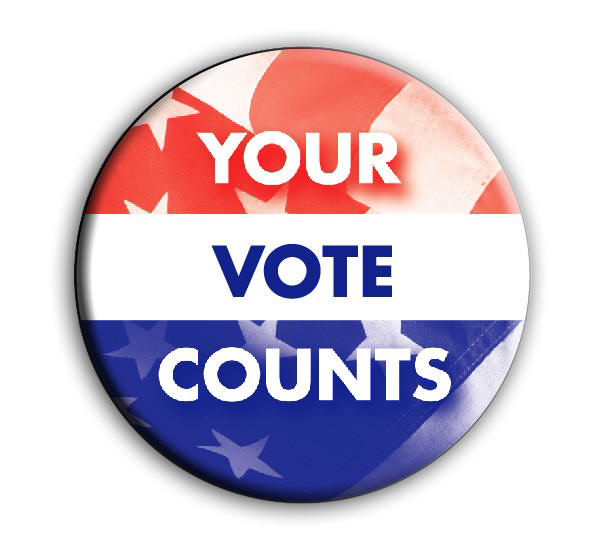EDITOR’S NOTE: Neal has done it again with summary of voting — a great reminder how “new” the right to vote is for many of us.
By Neal Lemery (11/3/18)
Not everyone has historically enjoyed the right to vote in our elections.
• Property ownership. This was a standard requirement for voting when the US was created. Only white males over 21 who owned real property could vote. That rule gradually eroded. In 1866, the 14th Amendment was ratified, which applied a federal rule of equal protection of the federal laws, which was eventually levered by the courts and popular sentiment to end this restriction.
• Poll Tax. Voters were required to pay a set amount as a poll tax on election day, before they could vote. This was common in the United States until the ratification of the 24th Amendment to the Constitution in 1964.
• Religion. This was a common requirement before the American Revolution. The original Constitution prohibited it in federal elections. (A man’s religion had been a requirement for holding public office.) Oregon’s Constitution in 1859 also prohibited it.
• Blacks. Oregon prohibited Blacks from living in Oregon until after the Civil War, and the enactment of the Fifteenth Amendment, which abolished slavery. Oregon’s Constitution, adopted in 1857 and taking effect at statehood in 1859, was tolerant of slavery, though Oregon was technically not a slave state. While the Fiftheen Amendment became part of the US Constitution in 1866, Oregon didn’t formally ratify it until 1959. The Civil Rights Act of 1964 greatly helped in expanding the exercise of that right. The Oregon legislature adopted a civil rights act in the 1950s.
• Chinese. In the 1800s, Chinese laborers were greatly restricted, and then expelled. In 1884, Congress passed the Chinese Exclusionary Act. In the 1920s, some Chinese immigration was allowed, and there were paths to citizenship. Oregon had a constitutional ban on Chinese residence and property ownership until the 1960s.
• Women. Women’s suffrage was discussed at the Oregon constitutional convention in 1857, but six statewide elections were needed from 1884 until success was achieved in 1912 for state elections. Nationally, women didn’t gain the right to vote in federal elections until 1920 when the 19th Amendment was ratified. Oregon women, who had to be property owners, could vote in school elections in 1878.
• Age. The voting age was always 21 years. In 1971, the 21st Amendment lowered the voting age to 18, but only for federal elections. The Oregon Legislature soon applied that rule to state elections.
Don’t take your right to vote for granted!


